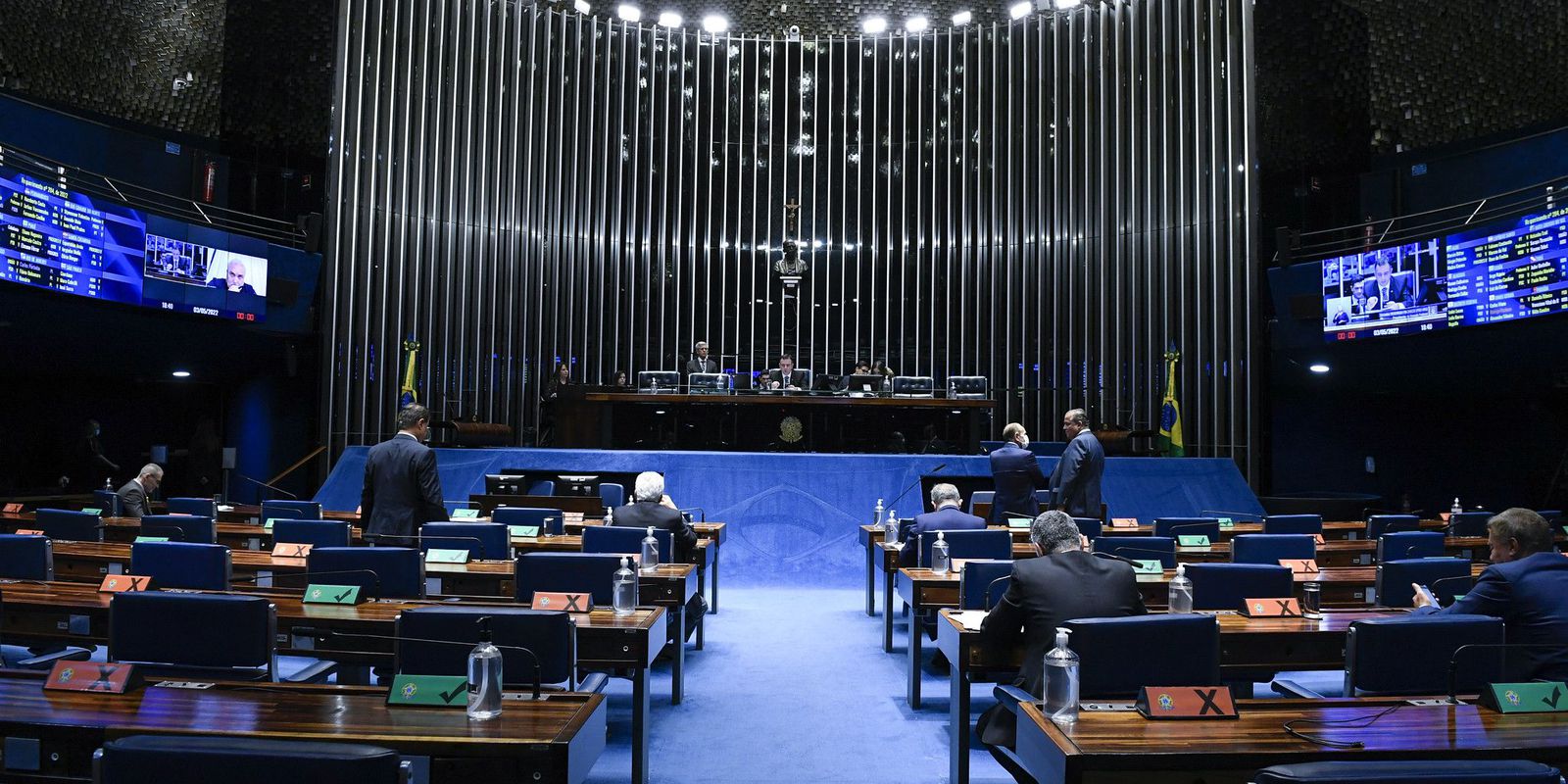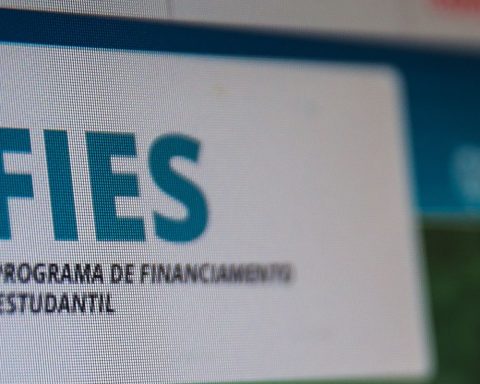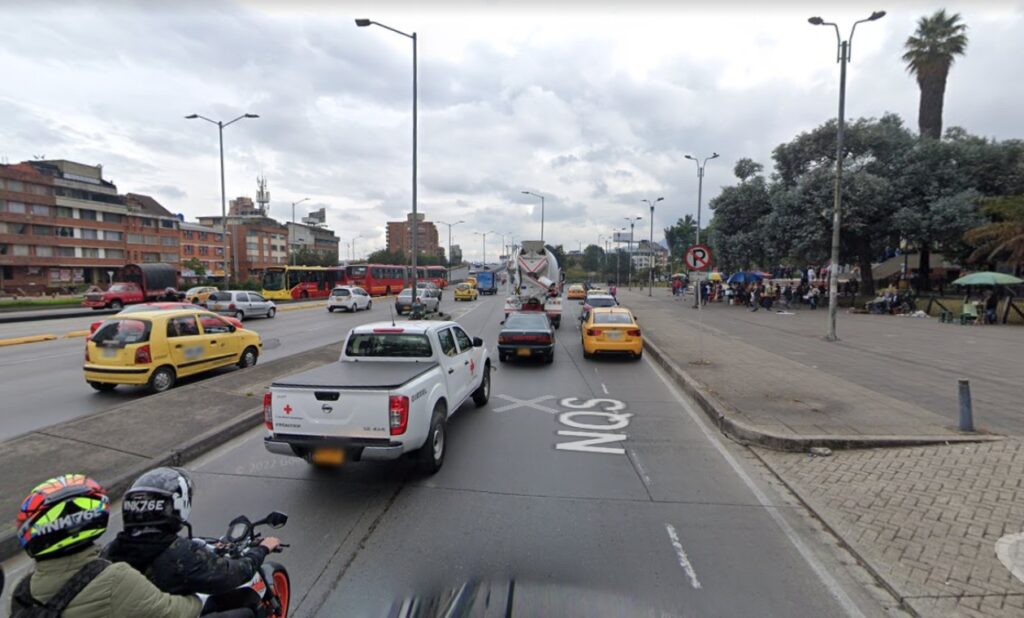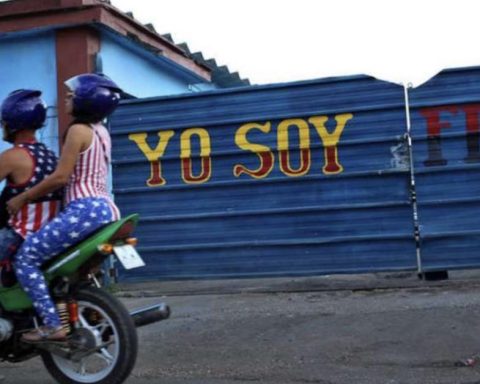The Senate approved today (18) a bill (PL) that creates a criminal offense for the conduct of racial slur practiced in public or private places open to the public and for collective use. The project, authored by deputy Tia Eron (Republicans-BA), was approved in the Chamber of Deputies and went to the Senate. As the text was approved with changes, it will return to the Chamber for a new analysis.
The project typifies Law of Racism (Law No. 7,716, of January 5, 1989), the conduct of injuring someone, offending their dignity or decorum, in a public or private place, with the use of elements referring to race, color, ethnicity, religion or national origin, with a penalty of imprisonment from two to five years, and a fine.
The rapporteur of the project in the Senate, Paulo Paim (PT-RS) says that the legislation even contemplates racist manifestations in sporting events. In recent weeks, Racist demonstrations have taken place against Brazilian fans and players in Copa Libertadores da América matches.
But cases also happen in domestic football. One example was the accusation made by Internacional player, midfielder Edenílson, against Corinthians side Rafael Ramos. Edenílson accused Ramos of calling him a “monkey”. Ramos, who is Portuguese, claimed there was a misunderstanding caused by his accent.
“Brazil and the world have witnessed scenes of hostility towards athletes with inferiority expressed by words, chants, gestures, remittances of suggestive objects, etc.”, stated Paim. He proposed the penalty of suspension of law, that is, ban from attending stadiums, in the case of injury occurring in a football match. According to him, this practice has shown good results in terms of traffic legislation and also in the experience of some special criminal courts, including those installed in stadiums.
Among the changes made by Paim in the project is the separation of the criminal type provided for in the Penal Code, bringing racist offenses against dignity and decorum into the scope of the Racism Law, and leaving offenses against the elderly and disabled in the Code. “The Federal Supreme Court (STF) has already understood that racial injury is a kind of racism, and, therefore, imprescriptible, that is, punishment cannot be extinguished, and the crime can be judged at any time, regardless of the date on which that was committed,” he said.
The project also deals with the so-called religious racism. Initially, the project was intended to deal only with Afro-Brazilian religions, but Paim responded to a request from Carlos Viana (PL-MG) and expanded the law. Thus, the project stands “against any manifestation or religious practice that suffers from any kind of prejudice”.

















